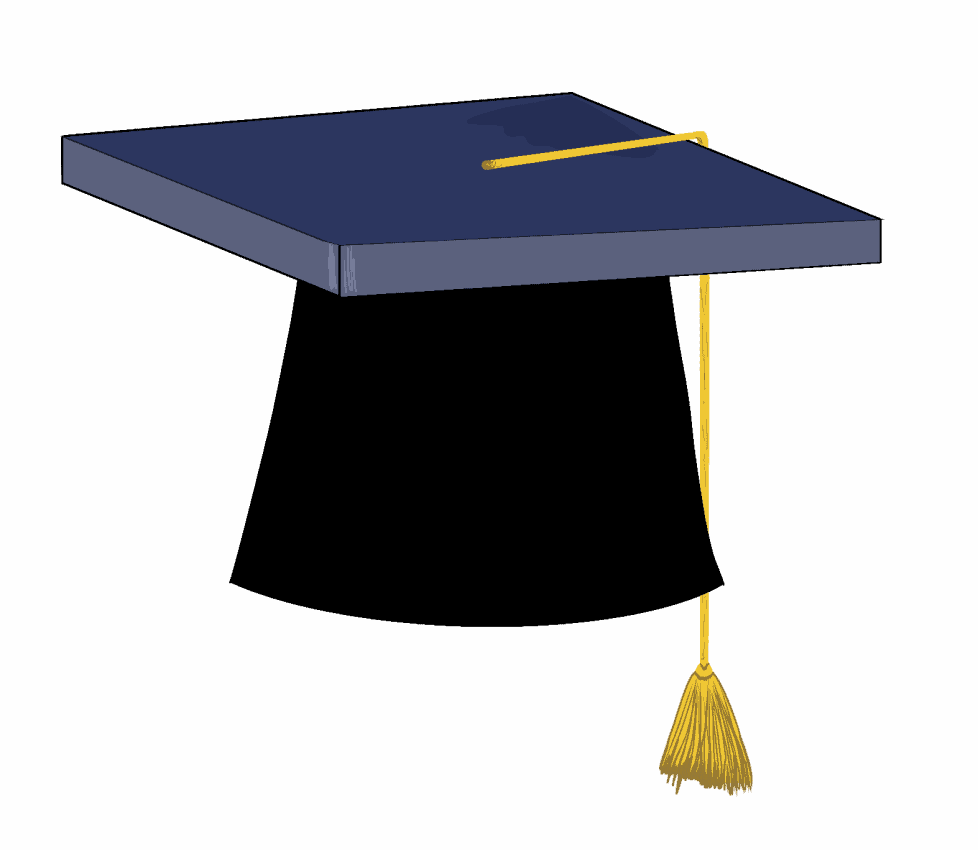Opportunities for wards of the state do not always improve after leaving the system. The University of Saskatchewan Students’ Union is pushing for the Saskatchewan government to address this by offering a tuition waiver.
The USSU called on the Ministry of Education with six requests this year; one of them is to provide free tuition to students who have aged out of the child welfare system in Saskatchewan. The
U of S currently has a $100,000 scholarship set aside from its operating budget to finance five students a year coming from foster care. The USSU is pushing to expand this into a province-wide program.

USSU President Regan Ratt-Misponas says that providing these opportunities for students once they age out of the system should be within the responsibilities that the province has to their wards.
“Technically and legally speaking, they are wards of the state, meaning they are literally the children of the province,” Ratt-Misponas said. “That’s where I think the province needs to step in and ensure these children have bright futures ahead of them.”
Foster children are less likely to receive a high school diploma than those who are not in the system therefore they are also less likely to attend university after turning 18.
Ratt-Misponas says that waiving tuition is an obligation that the province has to young people who were in the system.
“I think we have the responsibility to ensure that our children have a place to go after leaving that system,” RattMisponas said.
Post-secondary education ensures a better future for people from foster care, says Ratt-Misponas. He is asking the provincial government to create a program that waives tuition for students at the University of Regina, Saskatchewan Polytechnic, Saskatchewan Indian Institute of Technology and the U of S.
This initiative has reportedly been on the USSU’s radar for quite some time now since similar programs have seen success in other provinces. The province of British Columbia saw a significant spike in former foster kids seeking a post-secondary education after they implemented the program in 2017.
The USSU is very hopeful about the proposal, according to Ratt-Misponas. They believe the success in British Columbia in implementing the tuition waiver province-wide can be replicated in Saskatchewan if the province goes ahead with the program.
“If implemented, I think this is a very attainable goal,” Ratt-Misponas said. “If other institutions and an entire province is capable of implementing such a bill, I think the same can be implemented here in a timely manner.”
So far the executive met with Minister of Advanced Education Tina Beaudry-
Mellor once last term to discuss the topic but the USSU will continue to pursue this goal in the new year.
“It is definitely something that we are going to continue to push for,” Ratt-Misponas said. “We would rather that the children of Saskatchewan have the opportunity to come seek post-secondary education rather than falling through the cracks and having to deal with a whole bunch of other issues that may come within their life.”
—
Cailin Walkington
Graphic: Shawna Langer / Graphics Editor
Leave a Reply